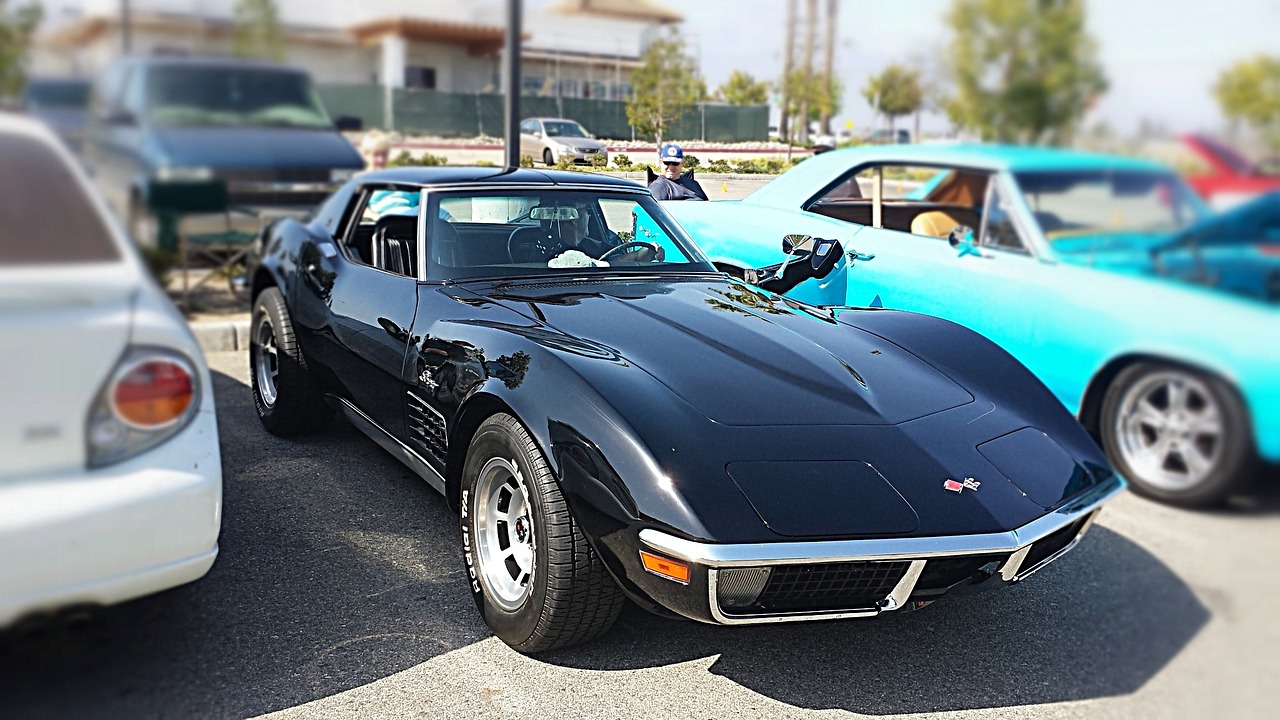The Impact of Electric Cars on Automotive Manufacturing Techniques
With the rise of electric vehicles (EVs) in the automotive industry, the way cars are being manufactured is undergoing a significant transformation. Electric cars are revolutionizing the traditional manufacturing techniques by introducing new technologies, materials, and processes that are reshaping the way vehicles are built. In this article, we will explore the impact of electric cars on automotive manufacturing techniques and how this shift is changing the industry as a whole.
1. Introduction to Electric Cars
Electric cars have gained popularity in recent years due to their environmental benefits and cost-saving advantages. These vehicles are powered by electricity stored in batteries, rather than traditional fossil fuels. As a result, electric cars produce zero emissions, making them a greener alternative to gasoline-powered vehicles.
2. Lightweight Materials
One of the key differences between electric cars and traditional cars is the use of lightweight materials in their construction. Electric cars require lighter materials to improve their energy efficiency and increase their driving range. Materials such as aluminum, carbon fiber, and composites are commonly used in electric car manufacturing to reduce weight without compromising strength.
3. Advanced Manufacturing Processes
The shift towards electric cars has led to the adoption of advanced manufacturing processes in the automotive industry. Manufacturers are investing in automation, robotics, and digital technologies to streamline production and improve efficiency. This includes the use of 3D printing, AI-powered machinery, and smart sensors to enhance the manufacturing process.
4. Battery Technology
The heart of an electric car is its battery pack. Advances in battery technology have made electric cars more practical and affordable for consumers. Manufacturers are investing in research and development to improve battery performance, decrease charging times, and increase energy density. The demand for more advanced batteries is driving innovation in the automotive manufacturing sector.
5. Supply Chain Management
Electric cars require a different supply chain compared to traditional vehicles. Manufacturers are sourcing components from new suppliers, including those specialized in battery technology and electric drivetrains. This shift is changing the way automotive companies manage their supply chains and collaborate with new partners to meet the demands of the electric car market.
6. Training and Skill Development
The rise of electric cars has created a need for specialized skills and training in the automotive manufacturing industry. Workers are required to learn how to assemble, repair, and maintain electric vehicles, as well as understand the unique challenges and requirements of electric car production. Manufacturers are investing in training programs to equip their employees with the necessary skills to work with electric cars.
7. Environmental Impact
Electric cars have a lower environmental impact compared to traditional vehicles. By reducing emissions and reliance on fossil fuels, electric cars are helping to combat climate change and improve air quality. The shift towards electric vehicles is not only changing the way cars are manufactured but also contributing to a more sustainable future for the automotive industry.
FAQs
1. Are electric cars more expensive to manufacture than traditional cars?
Initially, electric cars may have a higher manufacturing cost due to the use of advanced technologies and materials. However, as economies of scale improve and production processes become more efficient, the cost of manufacturing electric cars is expected to decrease and become more competitive with traditional cars.
2. How do electric cars impact job opportunities in the automotive industry?
The shift towards electric cars is creating new job opportunities in the automotive industry, especially in the areas of battery technology, electric drivetrains, and software development. While some traditional manufacturing jobs may be replaced by automation, new roles are emerging to support the production and maintenance of electric vehicles.
3. What challenges do manufacturers face in transitioning to electric car production?
Manufacturers face several challenges when transitioning to electric car production, including the need to invest in new technologies, retrain employees, and adapt their supply chains. Additionally, the infrastructure for charging stations and battery recycling presents logistical challenges that manufacturers must address to support the growth of electric vehicles.
Overall, the impact of electric cars on automotive manufacturing techniques is transforming the industry and driving innovation in production processes, materials, and technologies. As the demand for electric vehicles continues to grow, manufacturers are adapting to meet the changing needs of consumers and create a more sustainable future for the automotive sector.







